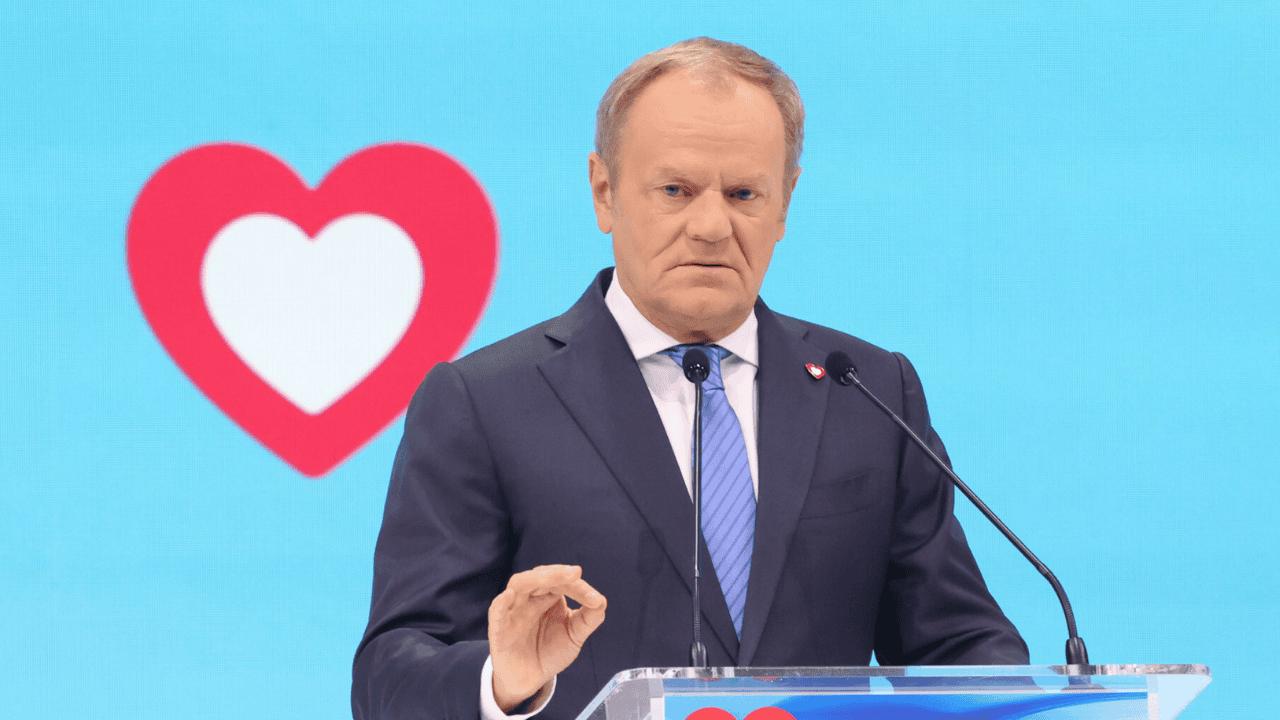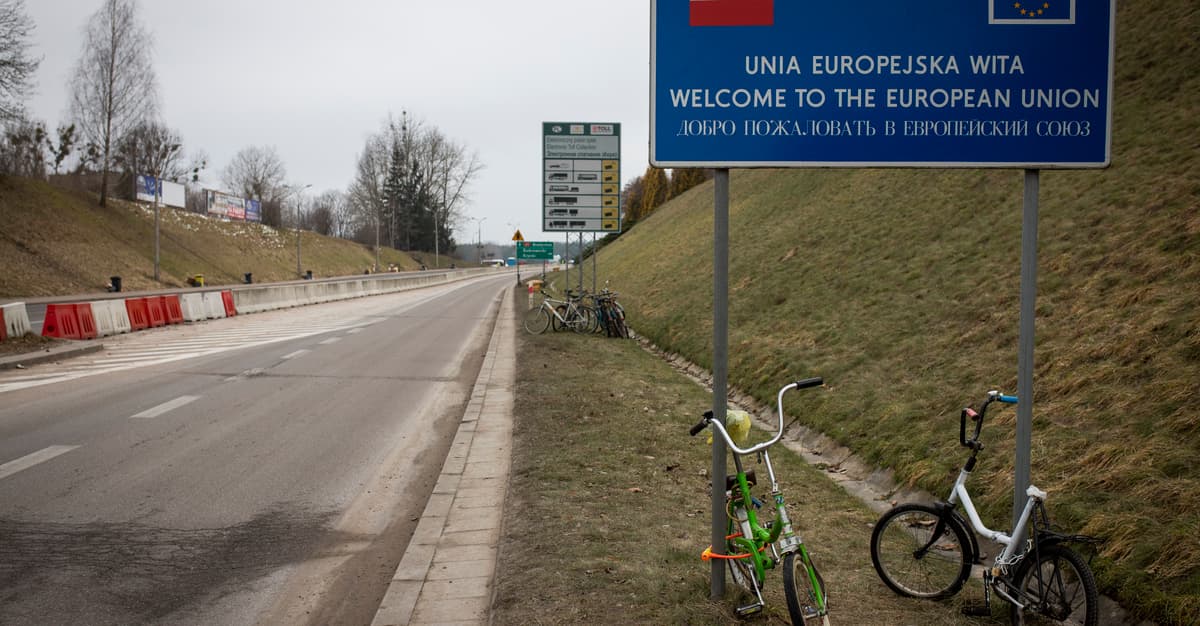
In a world where knowledge is power, and where having a college degree sometimes feels like needing a passport to enter the job market, some countries have gotten the memo better than others.
While nations once competed over who had the biggest army or the most gold, today’s real treasure chest is filled with diplomas, degrees, and doctoral dissertations.
 Studying in Australia| Photo- Lexmark Consultants
Studying in Australia| Photo- Lexmark ConsultantsMost Educated Countries of the World
According to recent research, the true measure of a country’s strength isn’t found in its nuclear arsenal but in its lecture halls and libraries.
So grab your thinking caps as we explore the top 10 most educated countries on Earth, where being a lifelong learner isn’t just encouraged—it’s practically a national sport!
1. Ireland
 Belfast, Northern Ireland, UK; Photo- Peter Steele | Pexels
Belfast, Northern Ireland, UK; Photo- Peter Steele | PexelsLeading the global education rankings with an impressive 52.4% of its working-age population holding Bachelor’s degrees or higher, Ireland has transformed itself from a predominantly agricultural society into a knowledge-based economy powerhouse.
Approximately 1.8 million Irish citizens aged 25-64 possess tertiary education qualifications, making the country a true academic giant despite its relatively small size.
Ireland’s educational success stems from substantial government investment in higher education and a strategic focus on attracting international students and businesses. The country hosts campuses of prestigious American universities and has developed world-class institutions like Trinity College Dublin and University College Dublin.
Ireland’s education system emphasises critical thinking, research, and innovation, particularly in technology and pharmaceuticals. The government provides significant financial support through grants and affordable tuition fees, making higher education accessible to a broader population.
2. Switzerland
 Glacier Express, Switzerland; Photo- Glacier Express
Glacier Express, Switzerland; Photo- Glacier ExpressSwitzerland claims the second position with approximately 46% of its population aged 25-64 holding college degrees—roughly 2.7 million highly educated individuals.
The Swiss educational model combines academic excellence with practical application, featuring a unique dual education system that integrates classroom learning with hands-on professional experience.
The country’s higher education landscape includes world-renowned institutions like ETH Zurich and the University of Geneva, consistently ranking among the global top universities.
Switzerland’s commitment to research and development, spending over 3% of its GDP on R&D, creates an environment where advanced education directly translates to innovation.
International students flock to Switzerland for its multilingual environment and cutting-edge research facilities. The country’s emphasis on apprenticeships and vocational training ensures that even non-university education maintains high standards!
3. Singapore
 Photo- Study International
Photo- Study InternationalSingapore’s remarkable achievement of having 45% of its working-age population—approximately 1.9 million people—with Bachelor’s degrees or higher reflects its transformation from a developing nation to a global education hub within just decades.
Singapore’s education system is characterised by rigorous academic standards, multilingual instruction, and a strong emphasis on mathematics and sciences.
The country hosts campuses of prestigious international universities while developing its own world-class institutions like the National University of Singapore and Nanyang Technological University.
Singapore’s government provides scholarships and financial aid, ensuring education remains accessible despite the country’s high cost of living. Singapore’s multicultural environment and English-language instruction attract students from across Asia and beyond.
4. Belgium
 Photo- Pxhere
Photo- PxhereBelgium’s position as the fourth most educated country, with 44.1% of its 25-64 age group (approximately 3.3 million people) holding college degrees, reflects its unique position at the heart of Europe and its commitment to multilingual, high-quality education.
The Belgian higher education system operates in 3 language communities—Dutch, French, and German—each maintaining autonomous educational standards while ensuring mutual recognition of qualifications.
Belgium hosts several world-class universities, including KU Leuven, one of Europe’s oldest and most prestigious institutions.
The country’s federal structure allows for educational innovation and specialisation across different regions. Belgium’s emphasis on research universities and applied sciences institutions provides diverse pathways for higher education.
5. United Kingdom
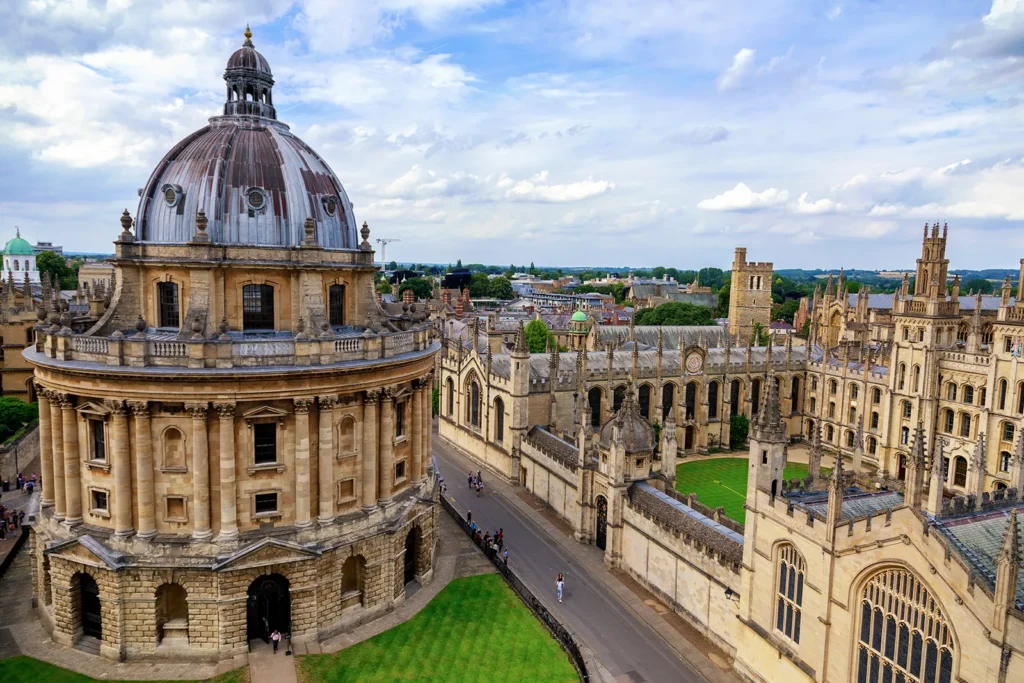 Oxford University, London; Photo- Britannica
Oxford University, London; Photo- BritannicaThe United Kingdom maintains its position as a global education leader with 43.6% of its working-age population—roughly 19.1 million individuals—holding Bachelor’s degrees or higher.
Britain’s educational legacy spans centuries, from medieval universities like Oxford and Cambridge to modern institutions leading in technology and innovation.
The UK’s higher education system combines traditional academic rigour with contemporary research excellence. British universities consistently rank among the world’s best, attracting over 500,000 international students annually.
The country’s education system emphasises independent thinking, critical analysis, and research skills. Despite recent challenges, including Brexit and funding concerns, the UK continues to invest heavily in higher education and research. The government’s focus on STEM subjects, combined with strong programs in arts and humanities, creates well-rounded graduates!
6. Netherlands
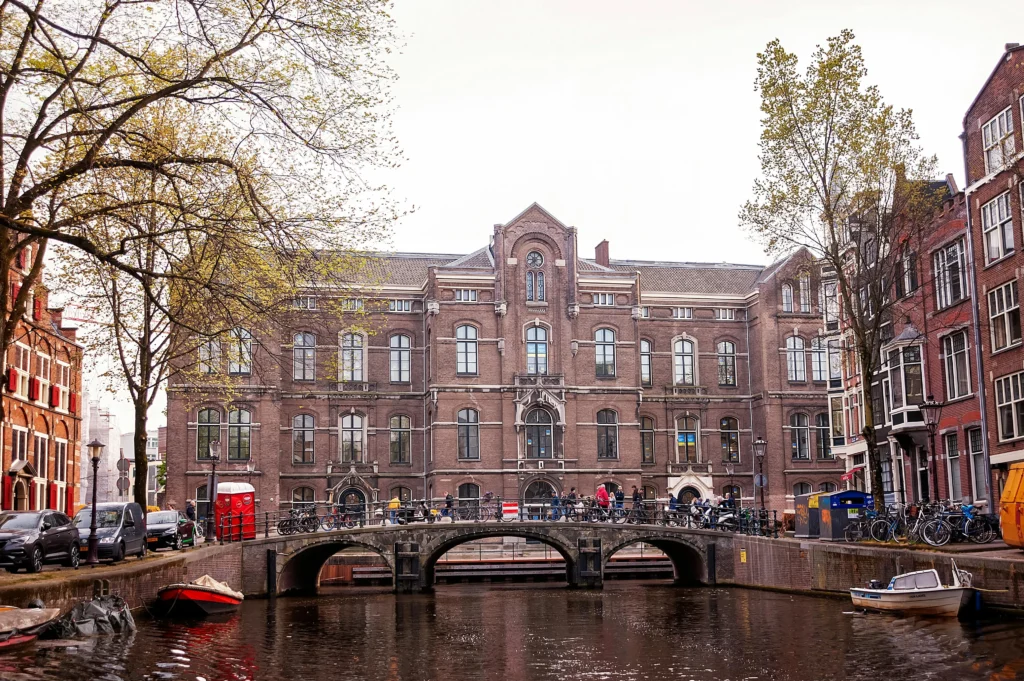 University of Amsterdam; Photo- Pexels
University of Amsterdam; Photo- PexelsThe Netherlands achieves sixth place with approximately 42% of its population aged 25-64—about 4.8 million people—holding at least a Bachelor’s degree. Dutch higher education is characterised by innovation, international orientation, and practical application of knowledge.
Dutch universities like the University of Amsterdam and Delft University of Technology rank among Europe’s finest institutions. The country’s emphasis on English-language programs attracts significant international enrollment, creating diverse academic environments.
The Netherlands invests heavily in educational technology and innovative teaching methods. The government provides substantial student financial support, making higher education affordable and accessible.
7. United States
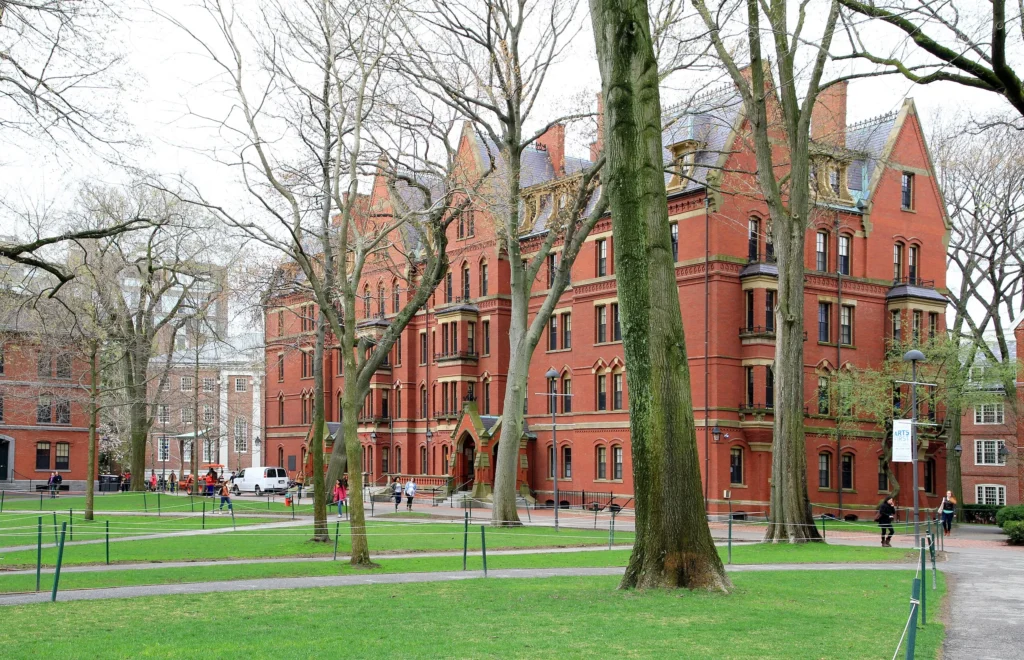 Harvard University USA; Photo- Ingfbruno | Wikimedia Commons
Harvard University USA; Photo- Ingfbruno | Wikimedia CommonsThe United States ranks seventh with 40.3% of Americans aged 25-64, approximately 78.2 million people, holding college degrees. While the percentage places it seventh globally, the absolute number makes it the third-largest pool of degree holders worldwide, reflecting America’s scale and educational diversity.
The American higher education system encompasses everything from community colleges to world-renowned research universities like Harvard, MIT, and Stanford.
The US attracts the largest number of international students globally, with over one million foreign students enrolled annually. American universities lead in research output and innovation, particularly in technology, medicine, and business.
The system’s flexibility allows for diverse educational pathways, including liberal arts education that emphasises broad knowledge alongside specialised skills. However, rising costs and student debt remain significant challenges.
8. Australia
 Melbourne, Australia; Photo- Study Melbourne
Melbourne, Australia; Photo- Study MelbourneAustralia secures eighth place with 39.7% of its working-age population—approximately 6.9 million people—holding Bachelor’s degrees or higher. Australia’s education system combines British academic traditions with American-style accessibility and innovation.
Australian universities like the University of Melbourne and the Australian National University consistently rank among the world’s top institutions. The country has developed a significant international education sector, attracting students from across Asia-Pacific and beyond.
Australia’s education system emphasises practical skills alongside theoretical knowledge, with strong connections between universities and industry.
The government provides student support through loans and grants, making higher education accessible to diverse populations.
9. Israel
 Open University of Israel; Photo- גדעון מרקוביץ | Wikimedia Commons
Open University of Israel; Photo- גדעון מרקוביץ | Wikimedia CommonsIsrael achieves ninth place with 39.7% of its population aged 25-64, around 2.2 million people, holding college degrees. Despite its small size and regional challenges, Israel has built a remarkable education system that produces world-class innovation and research.
Israel’s higher education system includes prestigious institutions like the Hebrew University of Jerusalem and the Technion, both ranking among the world’s top universities. The country’s emphasis on STEM education and research has created a thriving high-tech sector, earning Israel the nickname “Startup Nation.”
Military service often provides additional technical training, complementing formal education. Israel invests heavily in research and development, spending over 4% of GDP on R&D—among the highest rates globally.
10. Sweden
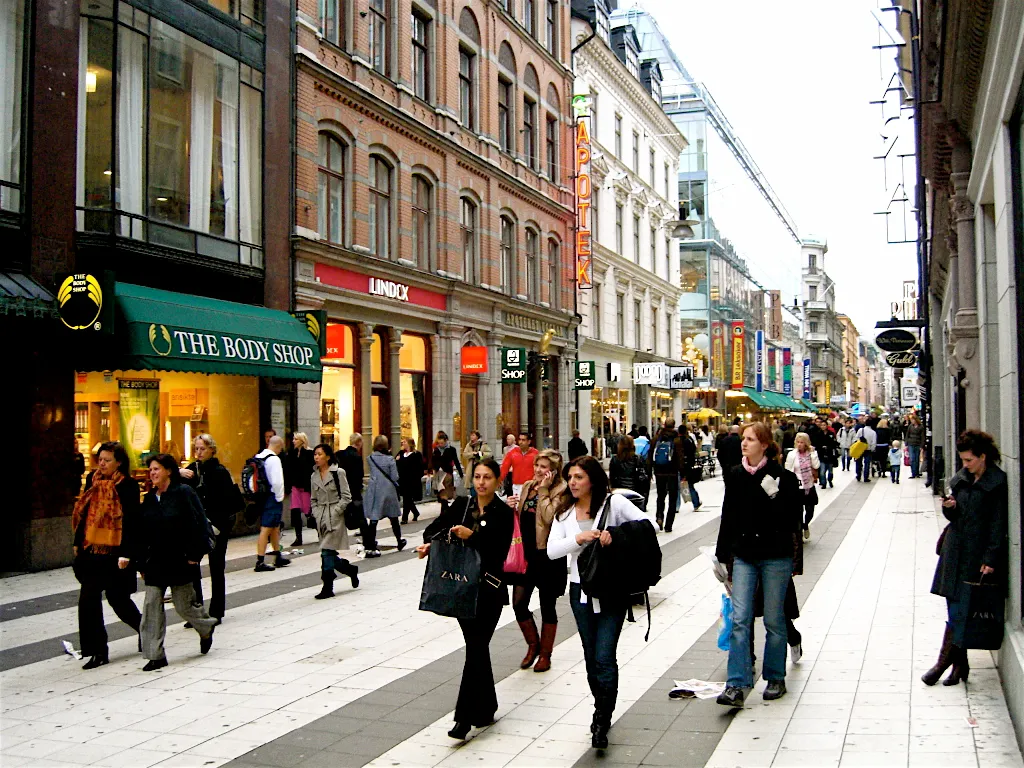 Stockholm, Sweden; Photo- Georgios Karamanis | Flickr
Stockholm, Sweden; Photo- Georgios Karamanis | FlickrCompleting the top ten, Sweden boasts 39.6% of its population—approximately 2.6 million people—with at least a Bachelor’s degree. Sweden exemplifies the Nordic model of combining high educational standards with social equality and accessibility.
Swedish higher education is characterised by innovation, sustainability focus, and international collaboration. Universities like Karolinska Institute and KTH Royal Institute of Technology rank among Europe’s best.
Sweden’s education system emphasises critical thinking, sustainability, and social responsibility. The country provides free higher education to EU citizens and substantial financial support to all students.
Bottom Line
As we’ve journeyed through these 10 educational powerhouses, one thing becomes crystal clear: the nations investing most heavily in their citizens’ brains are the ones laughing all the way to the bank—or at least to the innovation lab.
From Ireland’s academic leprechauns to Singapore’s scholarly lions, these 10 countries have discovered that the best return on investment isn’t found in stock markets but in lecture halls and research facilities.
In a world where artificial intelligence is getting smarter by the day, these countries are proving that the best way to stay ahead isn’t to compete with machines, but to educate humans so brilliantly that we remain irreplaceably, wonderfully, and innovatively human!
Stay tuned with us. Further, follow us on social media for the latest updates.
Join us on Telegram Group for the Latest Aviation Updates. Subsequently, follow us on Google News
Happiest Countries for Living in the World in 2025, No.5 Will Surprise You
The post Top 10 Most Educated Countries of the World in 2025 appeared first on Aviation A2Z.



